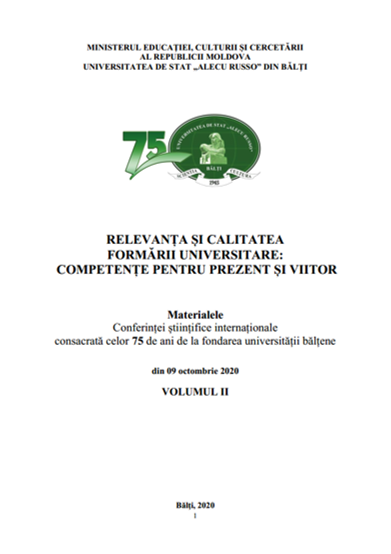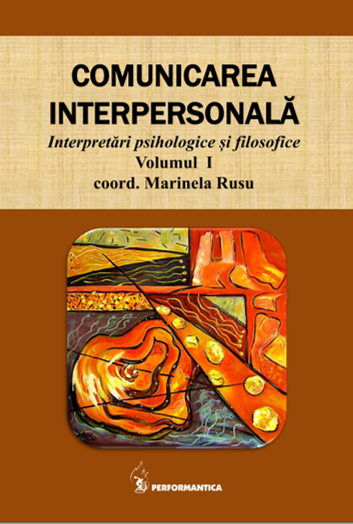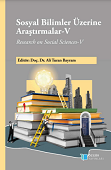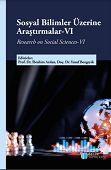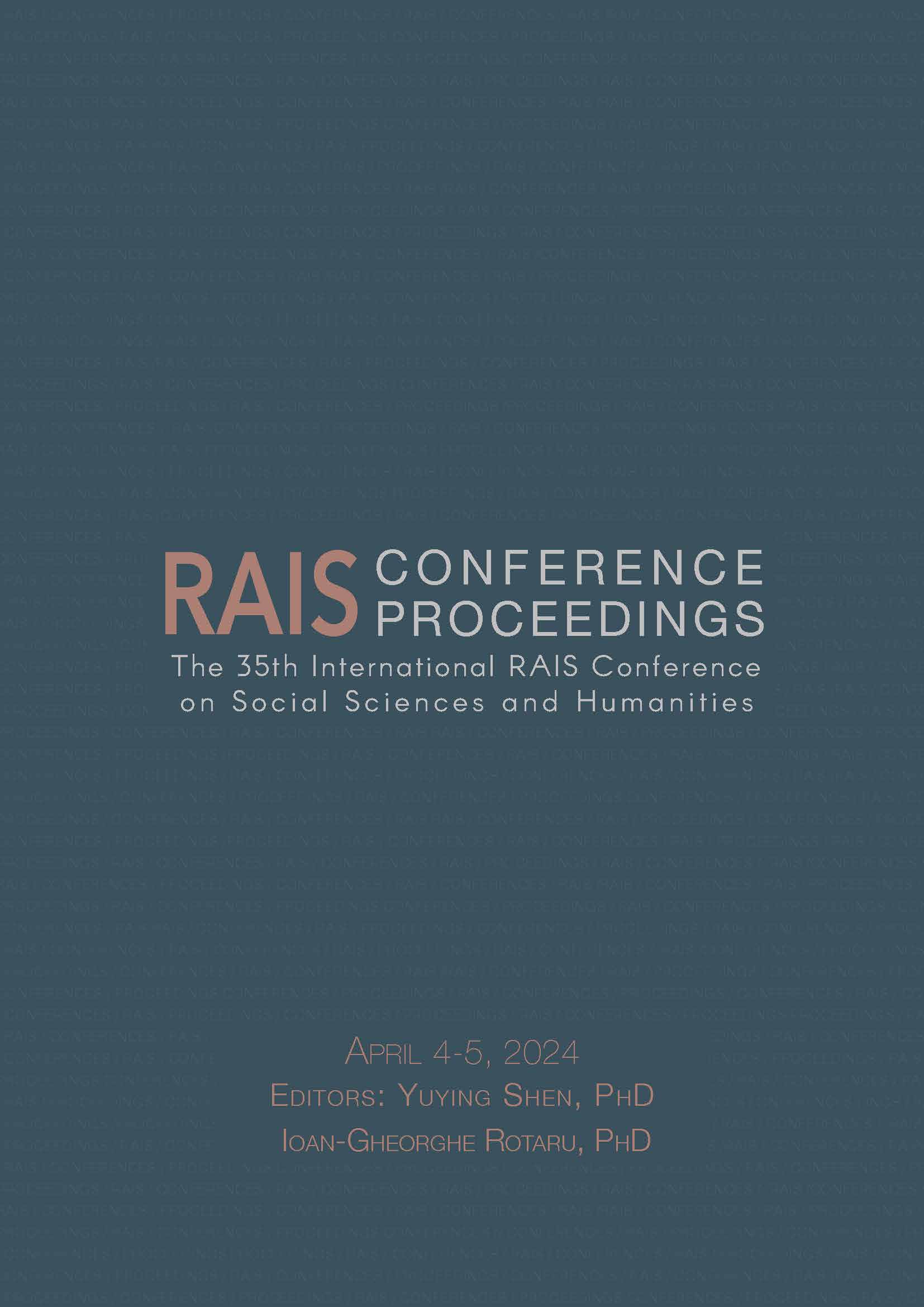Author(s): Ufuk Barmanpek / Language(s): Turkish
Publication Year: 0
Leadership that is accountable for environmental management, making substantial changes in a long-standing tradition, and benefiting the environment; it is defined as having an impact on the environment based on the ability to employ the power that carries it, as well as making judgments and behaviors based on intuition, wisdom, and knowledge. New leadership methods are beginning to be clearly visible as a result of the growth of different management styles, especially in today's world of technological advancement, globalization, and rapid change. Aside from the use of traditional leadership approaches in many businesses, it has been observed that alternative methods and approaches are required to respond to challenges that develop as a result of changing demands of both individuals and organizations. Therefore, contemporary leadership theories (approaches) are becoming increasingly essential. Modern leadership strategies are thought to be more concerned with the issues that people face within organizations, and it is predicted that these strategies will help the organization grow and develop as well as enable it to meet its objectives more effectively. A number of different approach to leadership has been proposed on the basis of these viewpoints, and the most remarkable ones are explored in this piece of writing. We will first explore the leadership technique in which those who follow the leader assign outstanding attributes to the leader and are leading, inspirational, visionary, trustworthy, respected, and make them think favorably. This is known as charismatic leadership. We will then look at transformational leadership, which is a change-oriented strategy that enables us to adjust to changes in our life, merges the objectives of the organization and the person, and attempts to give individuals a sense of direction. Thirdly, we'll look into servant leadership, which puts people's needs above those of organizations, seeks to bring out people's professional potential, and moves forward with the intention of assisting people—particularly company employees—in achieving their objectives. Fourth, we'll examine the authentic leadership theory, which emphasizes the necessity of consistency in one's feelings, ideas, and actions in order to inspire people and make them aware of their own strengths and weaknesses. Finally, we'll cover spiritual leadership, which is a style of leadership that prioritizes meeting people's psychological and spiritual needs, builds trusting, dependable relationships, demonstrates empathy, and attempts to mediate between relationships based on both reasoning and feelings in order to increase employees' commitment to the organization.
More...
